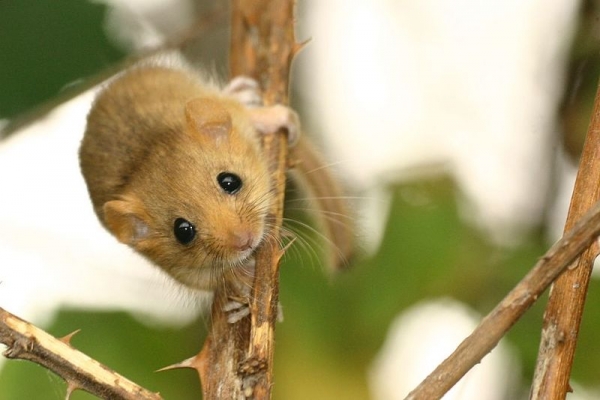New research has highlighted issues about how the conservation status of different species is classified, and suggests the focus should be on restoring species now rather than waiting for them to become threatened with extinction before acting.
The research from the University of Exeter also highlights that Britain’s native hazel dormice are in chronic decline, need urgent conservation action, and should in fact be classified as “endangered”, not “vulnerable”.
Conservation status is important – it determines how much attention, funding and urgency is given to protecting a particular animal or plant.
Strict international criteria currently guide how conservationists classify how threatened a species is, but the new report shows that the chronic decline in hazel dormouse numbers doesn’t fit with their current classification status, due to the current guidelines for classification.
Read more at University of Exeter
Photo Credit: Björn Schulz via Wikimedia Commons


